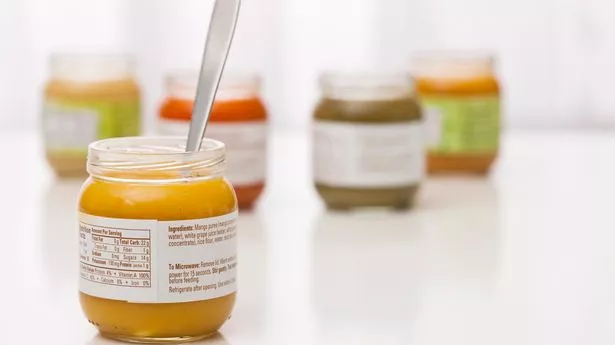A new US study, conducted by the Environmental Working Group (EWG) non-profit has found that nearly 40% of conventional baby food products were found to contain toxic pesticides, while none of the organic products sampled in the survey contained the chemicals.
Among other things, the research looked at 73 products and found at least one pesticide in 22 of them. Many of the products showed more than one pesticide, and the substances present a dangerous health threat to babies.
“Babies and young children are particularly vulnerable to the health risks posed by pesticides in food – and food is the way most children will be exposed to pesticides,” said Sydney Evans, a senior science analyst at EWG and co-author of the report.
Though it did not specifically identify which of the companies’ products contained pesticide residue, the study looked at products from Beech-Nut, Gerber and Parent’s Choice. Among pesticides it detected were acetamiprid, a neonicotinoid insecticide that harms bees and humans, and captan, which is linked to cancer.
Fludioxonil, a product commonly used on fruits, vegetables and cereals, was found in five products and is thought to harm fetal development, cause changes in immune system cells and disrupt hormones. Other pesticides are linked to nervous and reproductive system damage, and very little public toxicity data exists for four pesticides identified in the study.
Read also: Actors, others criticise UK over climate ‘madness’, limits on protest
The study found that apple-based products were the most likely to contain high levels of pesticide residue, and blueberries, pears and strawberries are also among produce that commonly hold high levels of the chemicals.
Olga Naidenko, a study co-author and who leads children’s research for EWG, said that the best way to avoid pesticides is to buy organic baby food products, which are subjected to much stricter regulations, and are now often comparable in price.
The non-profit has also developed produce guides that show pesticide residue levels.
Story was adapted from the Guardian.
